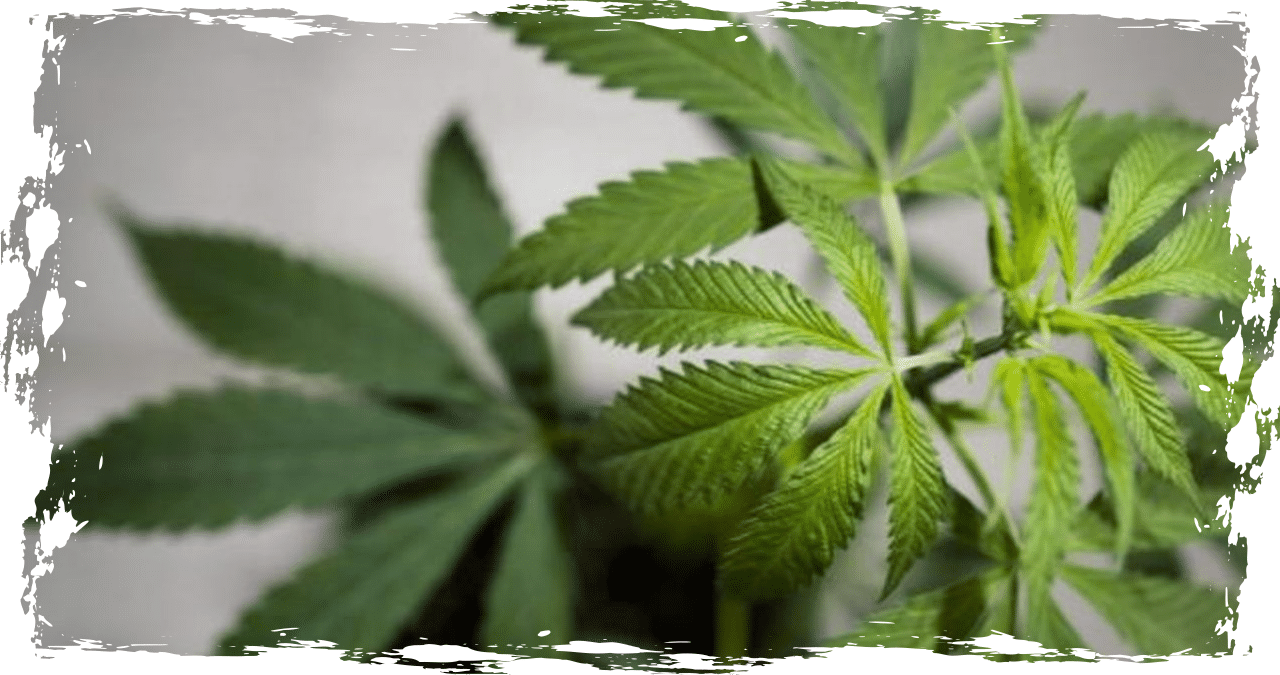Intoxicating hemp products have been included in the ban stated in the House version of the farm bill.
If the amendment successfully passes through a deeply divided Congress and a polarized House, it would bring an end to America’s short-lived endeavor of having nationally legalized cannabis.
The language included in the House version of the farm bill by Rep. Mary Miller (R-Ill.) effectively overturns a significant legal reform that was passed by a coalition of all Republicans in the 2018 farm bill.
The previous legislation significantly simplified the process for American farmers to cultivate nonintoxicating strains of cannabis, referred to as “hemp” in the law, for both industrial and medical purposes.
According to a report by The Hill, the vague language of the law, along with the similarity between intoxicating and non-intoxicating varieties of cannabis (referred to as “hemp” and “marijuana,” respectively), has led to the emergence of a flourishing market for cannabis products. This market is largely unregulated and accessible to everyone, reminiscent of a time not seen since the Gilded Age.
In March, a group of 22 state attorneys general wrote a letter to Congress, urging them to address the ambiguity caused by the 2018 Farm Bill. They highlighted the rapid growth of a $28 billion gray market that has emerged as a result. The attorneys general called for immediate action to shut down this illicit market.
The attorneys contended that the 2018 law compelled the inclusion of “cannabis-equivalent products” in our economies, regardless of states’ intentions to legalize cannabis use. This action was seen as a dangerous undermining of regulations and consumer protections in states where adult-use legal cannabis programs had already been established.
Miller’s amendment, co-sponsored by Rep. Doug LaMalfa (R-Calif.), who hails from a state where marijuana is legal, aims to narrow down the definition of legal hemp to encompass only “naturally occurring, naturally derived, and non-intoxicating cannabinoids.”
It is likely that cannabinoids such as delta-8 THC, which are naturally occurring but usually chemically derived and definitely intoxicating, would not be allowed.
Intoxicating drinks and edibles that contain delta-9 THC or THCa, which are essentially the same active chemical found in regulated marijuana sold in states like California, would also be prohibited.
Miller expressed her pride in having her amendment included to address the loophole that enables the sale of drug-infused THC products, such as Delta-8, to teenagers. She emphasized the need to prevent these products from being packaged in a way that resembles candy.
In contrast, the hemp sector, a $28 billion industry that sees the amendment as a threat to its existence, responded strongly on Friday.
The Hemp Roundtable has urged all Representatives to vote against the Farm Bill unless the Mary Miller Amendment is removed. According to them, the language in the amendment is detrimental to the hemp industry.
The National Cannabis Industry Trade Group, which represents both industries, had a more ambiguous stance.
Aaron Smith, one of the co-founders, has emphasized the need for sensible federal regulations that can be applied equally to both hemp- and marijuana-derived cannabinoid products.
Last year, Congress engaged in discussions about tackling the widespread presence of cannabinoids that are potentially legal. These discussions took place during the attempted farm bill. However, the efforts to address this issue were rendered insignificant due to the significant divisions within Congress and the tumultuous circumstances surrounding the election of House Speaker Mike Johnson (R-La.).
The crackdown on hemp in the farm bill has brought together a diverse group of allies and opponents.
Marijuana farmers in states like California and Nevada, where recreational markets are tightly regulated, have been vocal advocates for strict measures against intoxicating hemp. They view hemp as a competing product that is essentially the same as their own, but without any regulations in place.
The lack of regulation by the U.S. Food and Drug Administration has contributed to the perception that hemp products are unsafe.
The fate of the amendment, however, is far from certain as it still needs to pass the House. If successful, it has the potential to significantly impact the rapidly expanding hemp industry.
The reforms to food aid that Democrats and a wide array of civil society groups see as cuts would also need to navigate their way through the Senate.
The hemp program’s definition remains unchanged in the Senate’s version of the farm bill as it is being reauthorized.



